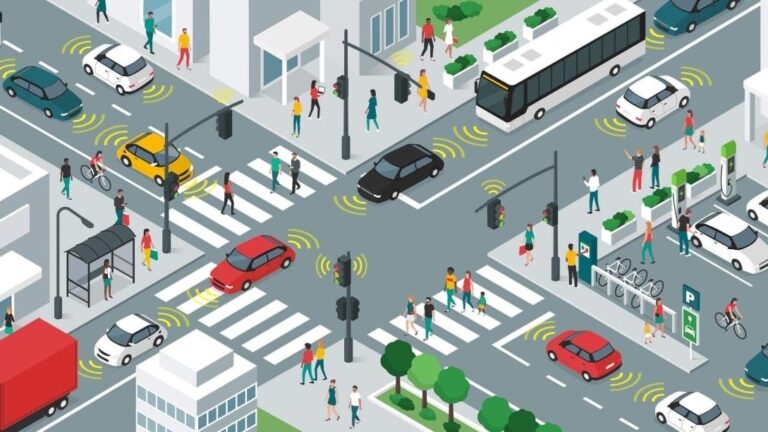The American University of Ras Al Khaimah (AURAK) participated in conducting a study on Vehicular Ad-hoc Networks (VANETs) in cooperation with researchers from three Middle Eastern universities.
The study focused on Intelligent Transportation Systems (ITS) powered by 5G and the Internet of Things (IoT), which are poised to take smart traffic management to the next level, creating safer, smoother, and more sustainable traffic movement in cities worldwide.
The study focuses on VANETs, which facilitate real-time vehicle-to-vehicle and vehicle-to-infrastructure communication using cutting-edge technology, data analytics, and communication systems to help improve transportation networks’ effectiveness, security and environmental friendliness, complemented by Intelligent Traffic Lights, Virtual Traffic Lights, and Mobility Prediction.
The paper quotes studies that demonstrate that ITS-based effective traffic management systems have the potential to drastically cut travel times by as much as 25 percent, reduce energy consumption and emissions of greenhouse gases by around 15–20 percent, and reduce the number of accidents in metropolitan areas by as much as 20 percent.
Several cities have initiated investments in ITS and environmentally friendly transportation techniques as part of a vision to become Sustainable Smart Cities.
According to the paper, many automobile manufacturers are incorporating cutting-edge technology into their vehicles.
They are using VANETS technology to stay current with the improvements occurring in transportation systems worldwide.
WAM



